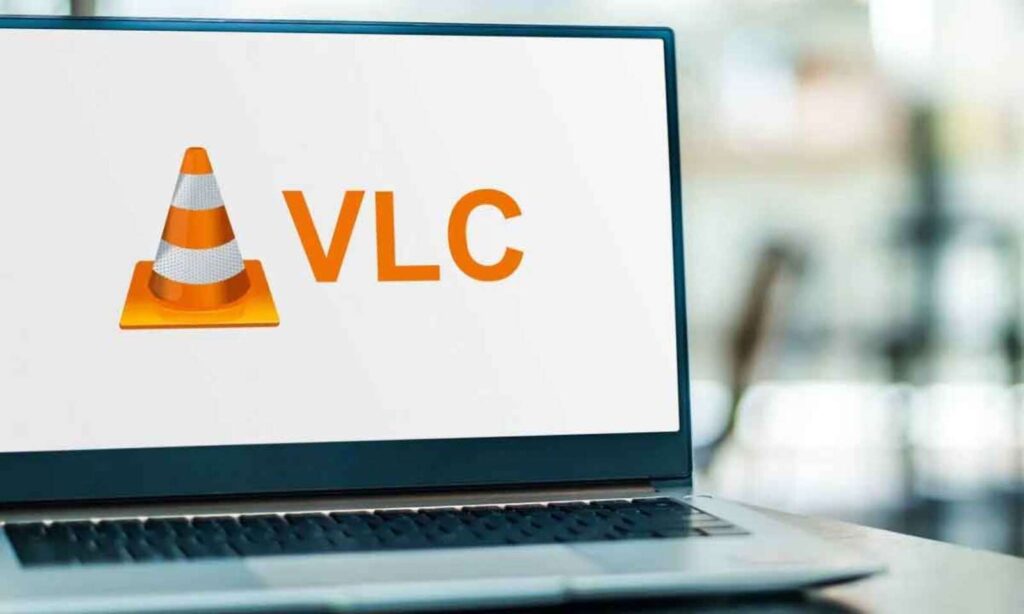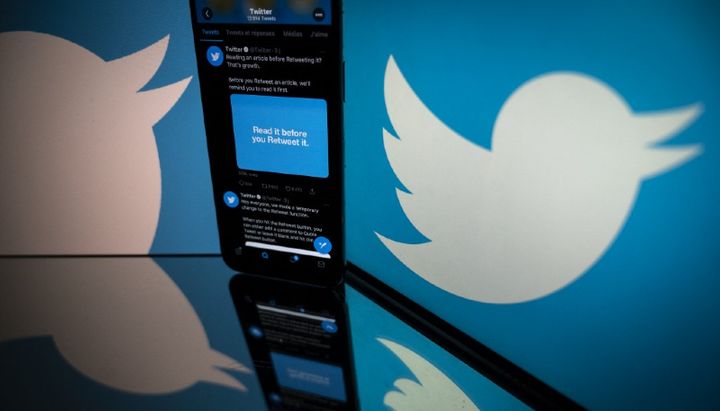VLC Media Player Is Banned In India, But What Is The Reason?
The VLC Media Player, amongst the most popular digital media players, for PC and Mac, has been banned in India. It was banned on February 13 earlier this year. The VLC Media Player Website and the download link for the same have been down since then but the mobile version of the media player application is still open to download on Apple App Store and Google Play Store. The Firm says it does not know the reason for this ban.
The ban that is enforced is not an actual ban but rather a soft ban. The Indian government has blocked access to the official site of the VLC Media Player i.e., Videolan.org, where the latest version of the VLC Media Player was available to download for Mac and PC.
However, users can still download the app from several famous hosting websites and other third-party sites, but these downloads generally have a high risk of carrying malicious files that can cause a great deal of damage. So, it is preferable to download such software from sites with proper authentication or the official website.
VideoLAN President disclosed that the VLC Media Player is running on some ISPs also not for some. Commenting about on the ban, the company President said, “we got banned since a few months, and we don’t know why. We’ve asked the Indian government and we got no answer. We probably did not ask the right place though. I wish I knew how to ask properly.” “The weirdest is that some ISP are blocking it and some are not. So why is that the case? Are some ISP not listening to the government? VLC and VideoLAN are quite apolitical (we only fight against DRM and for open source) and VLC is a pure tool that can read anything,” he stated.
Source: www.indiatoday.in
The users who have installed files in the cloud storage or their local devices can still install the VLC Media Player and Also, and the people who have the app installed on their PCs or smartphone can still use it.

Highlights About This Ban
VideoLAN has officially verified this ban which nearly went unnoticed. The main reason for the ban is not disclosed yet. Some reports signify that the VLC Media Player ban is imposed because the platform was used by China-powered hacking group Cicada for cyber attacks.
It is highly possible that the VLC Media platform was banned along with the 54 Chinese applications, that the government of India banned this year in February. However, there is one thing to keep in mind, VLC is not a China-based software, but is powered and developed by a French group.
The obstructed VLC Media Player website shows that the website was blocked as per the order of the Ministry of Electronics and Information technology under the IT Act, 2000. This act accords with the law dealing with crimes related to cyber security and electronic commerce in India.
Since the VLC Media Player Site and Download links are down currently. New users will not be able to get it, but the ones who have already downloaded it can use it. The developer has clarified that VLC does not collect any information about the users at any point.
“VLC works perfectly without our servers: we don’t collect info, we don’t require user accounts, we don’t spy on people (telemetry). So once you have VLC, you don’t need our servers, for it to work.” VideoLAN clarified.
Source: www.indiatoday.in
The Government of India hasn’t confirmed the reason for this ban in the country. So, the media player is seeking help on Twitter to grasp the reason behind this sudden action by the Indian Government.

I am a student pursuing my bachelor’s in information technology. I have a interest in writing so, I am working a freelance content writer because I enjoy writing. I also write poetries. I believe in the quote by anne frank “paper has more patience than person
